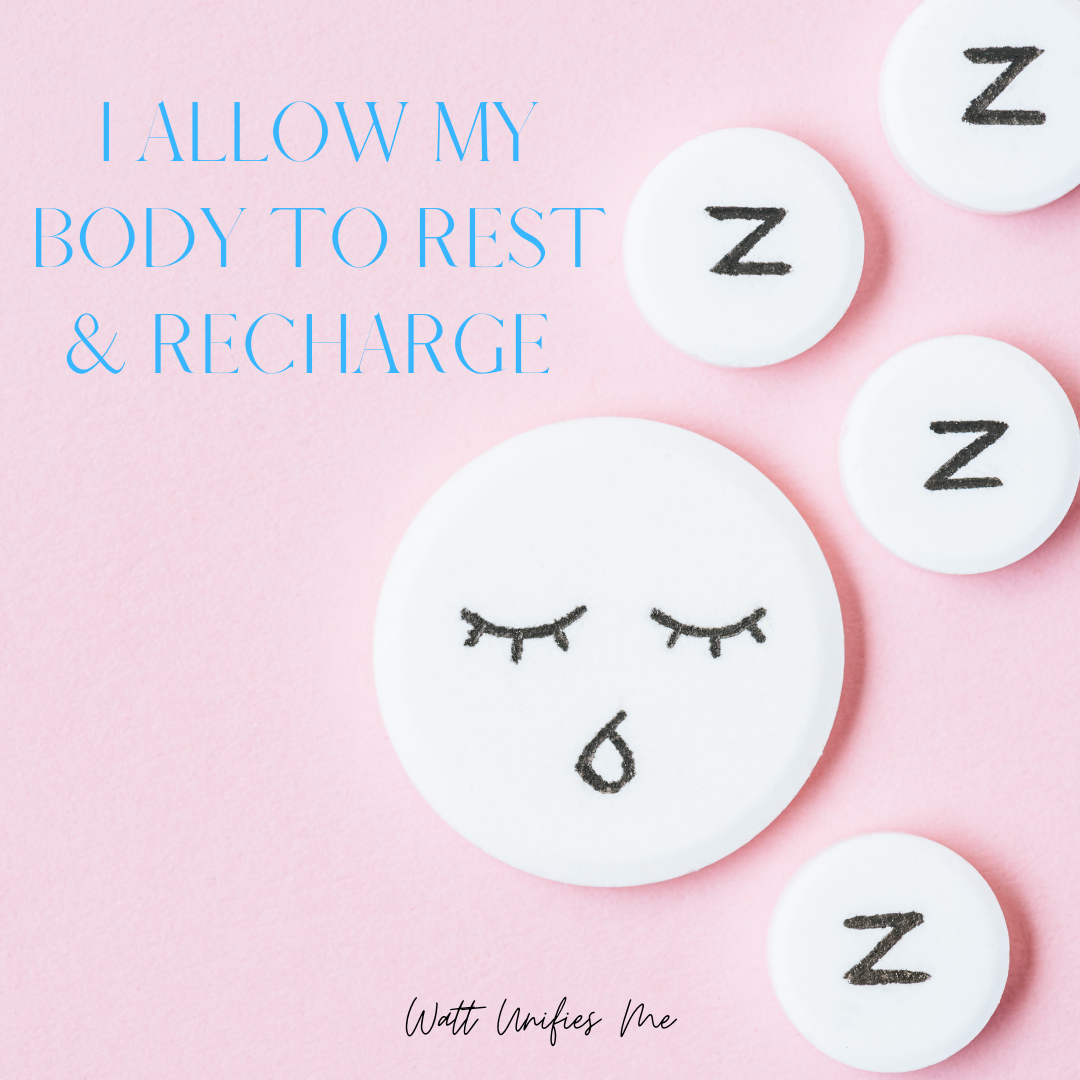The Importance Of Sleep
By Jo Watt
Getting adequate sleep is super important for your health.
Sleep plays a critical role in our immune system, body repair, metabolism, improving memory, reducing stress, weight loss, learning, and other vital functions. It helps our body reset and heal and gives us time to rest and recharge. For me personally, if I have a bad night sleep I physically feel sick or hungover and I struggle to mentally function.
Here are 10 scientific reasons why sleep is beneficial:
Poor sleep is linked to higher body weight. People who sleep for shorter periods of time tend to weigh more than those who get adequate sleep. In fact short sleep duration has a strong risk with obesity due to hormones & lack of motivation to exercise.
People who get adequate sleep eat fewer calories. People who are sleep deprived tend to eat more calories. Sleep deprivation affects the daily fluctuations in appetite hormones which causes poor appetite regulation including higher levels of ghrelin which stimulates our appetite and leptin which suppresses our appetite.
Getting adequate sleep helps to improve concentration & productivity as it helps with various aspects of our brain including cognition, concentration, productivity & performance. Getting adequate sleep improves problem solving skills and enhances our memory.
Getting adequate sleep enhances athletic performance. Longer sleep helps improve speed, accuracy, reaction times and mental wellbeing.
People with poor sleep quality are at greater risk of heart disease & stroke.
People who sleep less than 6 hours a night have increased risk of type 2 diabetes. Sleep deprivation can cause prediabetes in healthy adults in as little as 6 days.
Poor sleep quality particularly sleeping disorders such as sleep apnoea & insomnia are strongly linked with depression & mental health issues.
Sleep improves your immune function.
Poor sleep is linked to increased inflammation in your body.
Sleep plays a big part in emotions & social interaction. Lack of sleep affects your ability to recognise others emotional expressions and process emotional information.
(source: https://www.healthline.com/nutrition/10-reasons-why-good-sleep-is-important)
So here are some ways you can get a better night’s sleep:
· Essential Oils – personally I like to use essential oils in my diffuser of a night to create a calming atmosphere. Oils that act as a sedative include: Lavender, Ylang Ylang, Marjoram, Roman Chamomile, Clary Sage, Bergamot, Cedarwood, Vetiver, Frankincense, Copaiba, Wild Orange, Lavender Peace Blend.
· Lower the temperature of the room. I find when I’m too hot I struggle to sleep, but also when I’m too cold I struggle to sleep. Find a temperature that is comfortable for you. Weighted blankets are also a good idea to use that help you feel safe and comfortable.
· Go to sleep the same time every night. When we have our body in a sleeping pattern, this helps our internal clock keep a regular schedule. It’s important to get at least 7-9 hours sleep a night for our body to operate at its optimal level.
· Practice yoga, meditation and mindfulness. I find when I’m stressed I overthink a lot, so practicing mindfulness helps to ground us into the present moment and gets us out of our head. Yoga helps to release stress and tension in the body. Meditation also enhances melatonin levels and helps us get into a particular brain wave state where we can easily fall asleep. Listening to meditations while you fall asleep is another great way to get to sleep.
· Avoid long naps late in the day. When people have poor sleep at night, we tend to sleep during the day. Short naps have been proven to improve alertness, wellbeing and concentration. However if you have a long nap late in the day, you will find yourself still staring at the ceiling later at night. My suggestion is to listen to your own body, as different people require more sleep than others.
· Eating. The food we eat before bedtime can affect our sleep. Avoid drinking caffeine, high carb meals, or foods that make our digestive system work harder as this can affect our sleep. Instead of caffeine try Chamomile tea and aim to eat at least 4 hours before bed.
· Listen to relaxing music. This is one of my favourites. Music can significantly improve the quality of our sleep. Calming music can be very relaxing and beneficial to set the mood. If you can’t get access to music, find ways to block out all noise, so you can enjoy uninterrupted sleep.
· Reduce your time on electronics or watching tv before bed. Electronic devices emit blue light which suppresses melatonin, and keeps our mind engaged and active.
· Writing or reading before bed. Many of us struggle to sleep because we have so many thoughts running through our head. When we can write its out, it gets us out of our head and we are able to sleep better. I like to write a gratitude list and journal before I go to sleep or read a book. Reading is another great way to wind down and relax.
For more ideas follow the below link:
https://www.healthline.com/nutrition/ways-to-fall-asleep
What is your bedtime routine that helps you sleep? Feel free to share.

Disclaimer:
Watt Unifies Me does not diagnose, prescribe and treat medical conditions and this blog is sharing information for educational purposes only. Always seek medical advice from a trained and licensed medical professional
